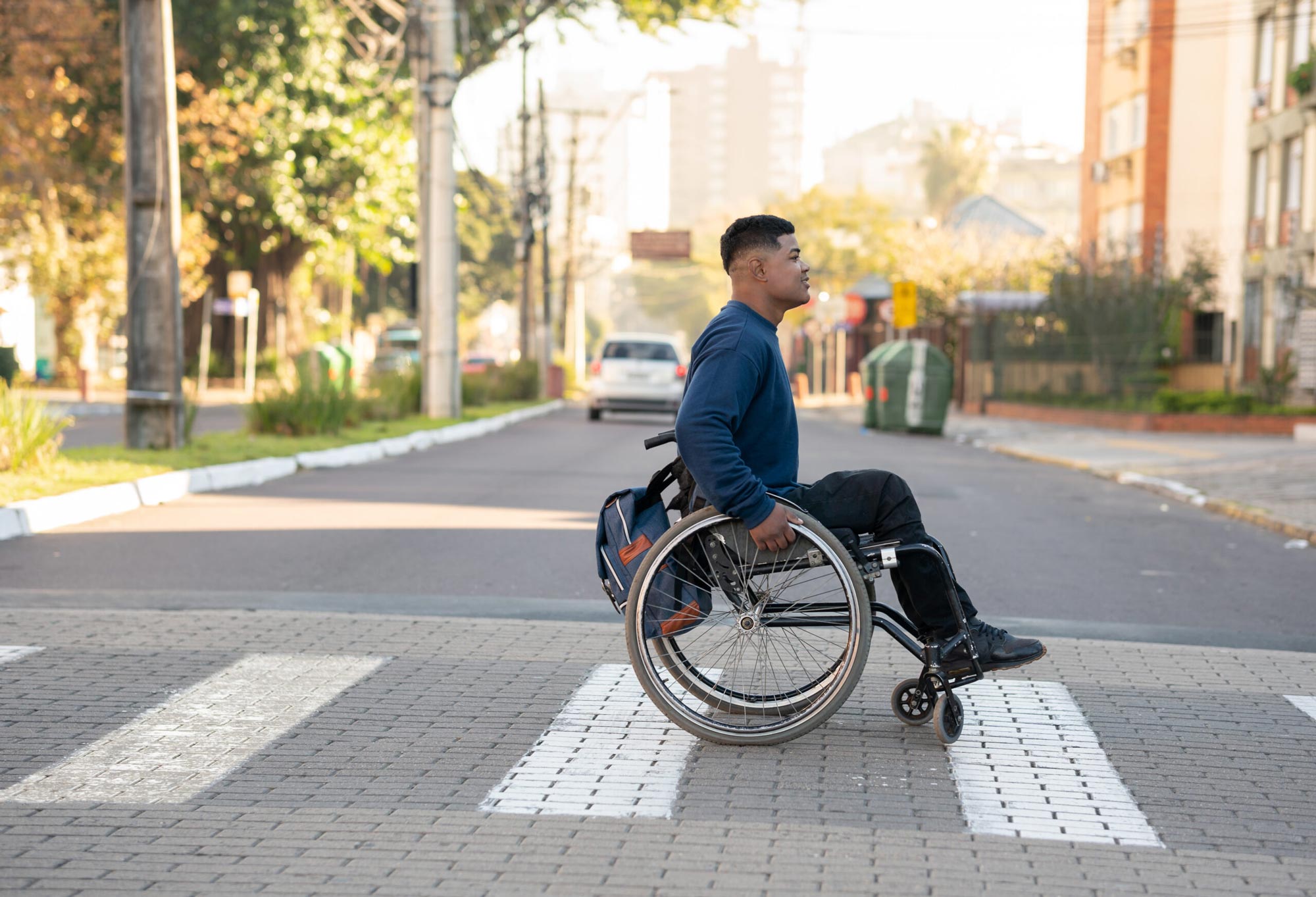Inequality comes in many forms. It can stem from different identity statuses such as race, gender, and life events like becoming disabled or losing a job and income. Inequality can be experienced at a systemic level by being looked over for a job due to sexual orientation or being denied a loan or receiving higher interest rates because of race. It can also be experienced at the interpersonal level, such as being denied a job due to racial bias or inadequate accommodations. Regardless of how inequality is experienced, it can have a negative effect on a person’s mental health.
Mental health disorders can also result in experiencing inequality due to stigma and lack of resources. Understanding how inequality affects mental health and what to do about it can help you advocate for others or yourself.
Poverty, inequality, and mental health
Poverty is an economic status and a social status. Some people are born into poverty and are accustomed to pinching pennies and buying on discount. When you have limited funds, you have to strategize how to eat, clothe yourself, and keep a warm home. This takes a toll on mental health. Worrying about your next meal or the social stigma that comes from “looking or acting poor” erodes self-worth and the ability to think of other things, like planning for the future.
Certainly, additional anxiety and stress on the body can lead to poor physical, emotional, and mental health. Getting out of poverty can be a struggle, but the stress of it can be mitigated with five minutes of meditation practice or 30 minutes of exercise. Finding small amounts of time to check in can help release stress. Communities can also support individuals experiencing poverty and their mental health by providing adequate resources and organizing mutual aid efforts.
Disability and mental health
Disabilities can be physical or mental, but both carry a weighted stigma in society. People with developmental disabilities can be taken advantage of while people with physical disabilities may be assumed to have low intelligence when they are developmentally and mentally typical. Thanks to the American Disabilities Act, it is illegal to discriminate against disabled people and is required to provide physical accommodations. While it does not guarantee that they won’t experience inequality, it is a good step forward.
Racial bias and mental health
It is no secret racism has a poor effect on Black, Indigenous, and People of Color’s (BIPOC) mental health. Racism can lead to a loss of income, property, and opportunity for BIPOC. Additionally, experiencing everyday acts of racism or prejudice can create stress and anxiety, leading to other mental health diagnoses like depression or general anxiety.
Self-care strategies can be used to alleviate the anxiety that comes with experiencing racism. White people can also help by educating themselves about racism as a way to understand BIPOC’s experiences and reduce interpersonal incidents of racism.
Educating yourself about inequality, whether you are experiencing it or not, will help you better empathize with others who might be struggling. Offering a helping hand or asking for help are never bad options.






